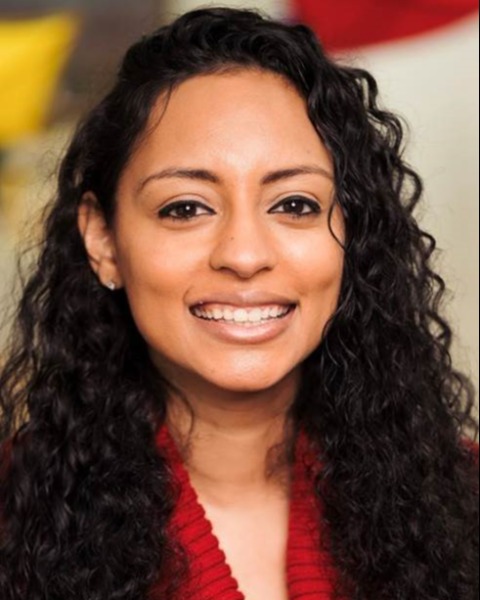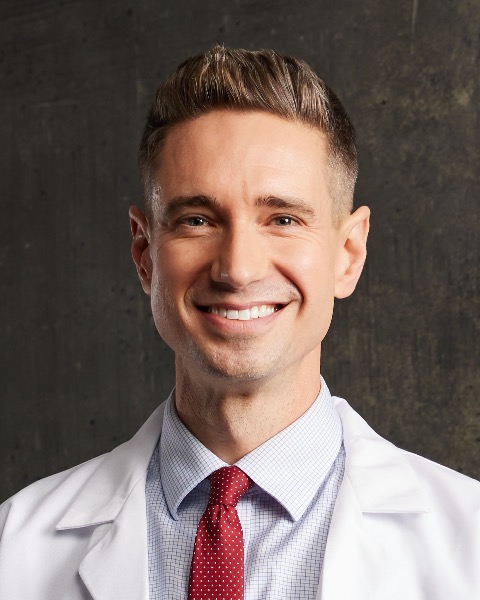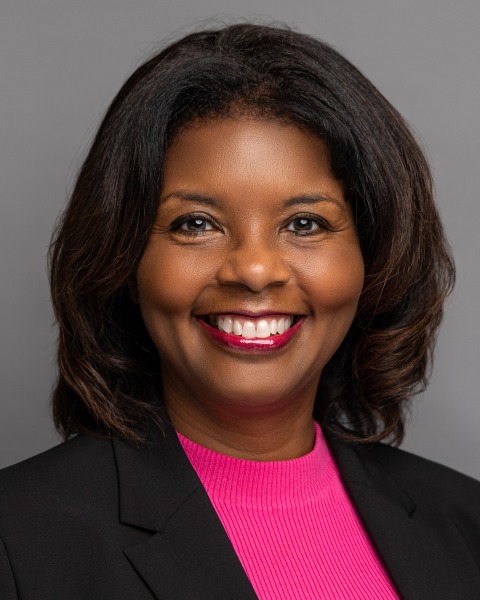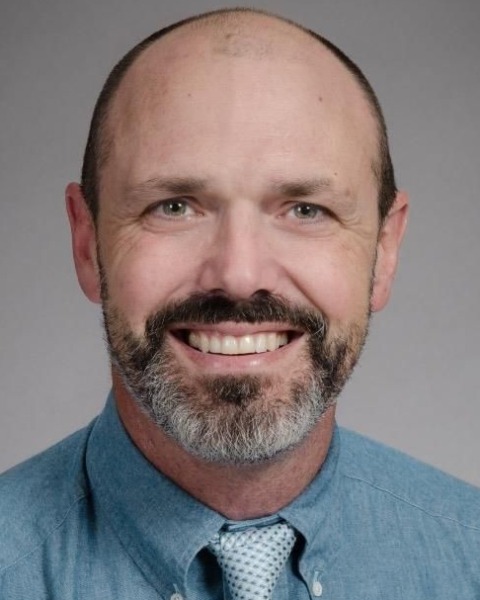Adolescent Medicine
Advocacy
Community Pediatrics
General Pediatrics
Medical Education
Mental Health
Public Health
Tobacco Prevention
Trainee
Preventing Substance Use and Substance-related Harms Among Adolescents
-
AB
Alexis Ball, MD MPP (she/her/hers)
Acting Assistant Professor
University of Washington School of Medicine
North Bend, Washington, United States -

Samara Jinks-Chang, MD, MPH, MS
Adolescent Medicine & Addiction Medicine Fellow
Johns Hopkins Children's Center
Baltimore, Maryland, United States -

Kym Ahrens, MD, MPH (she/her/hers)
Professor
Seattle Children's Research Institute
Seattle, Washington, United States -

Scott Hadland, MD, MPH, MS, FAAP (he/him/his)
Division Chief / Associate Professor
Mass General for Children / Harvard Medical School
Boston, Massachusetts, United States -

Leslie Walker, MD (she/her/hers)
Chair Department of Pediatrics/Chief Academic Officer SVP
Pediatrics
University of Washington/Seattle Children's
Seattle, Washington, United States -

Chris Buresh, MD, MPH, DTM&H (he/him/his)
Associate Professor of Emergency Medicine
Seattle Children's Hospital
Seattle, Washington, United States -
AA
Addy Adwell, BSN (she/her/hers)
Nurse Care Manager
University of Washington, Washington, United States
Leader(s)
Co-Leader(s)
Workshop Description: The US faces an ongoing overdose crisis characterized by an alarming rise in overdose-related deaths and increasing substance-related morbidity among youth. Adolescents are uniquely vulnerable to the effects of substance use (SU) and are increasingly at risk for overdose even with first-time use, due to the growing availability of highly potent substances, such as fentanyl and high potency THC. This ever-evolving landscape highlights the urgent need for targeted prevention efforts, improved access to evidence-based interventions, and harm reduction strategies to protect youth from the consequences of SU and overdose. Pediatricians are well-positioned to affect change, but often do not receive robust education regarding SU, addiction, and strategies to mitigate substance-related harms.
This interactive workshop will provide clinicians with evidence-based strategies for preventing adolescent SU and minimizing substance-related harms. Through a mix of didactic presentations, group discussions, and role-playing exercises, participants will gain practical tools to support youth make healthy choices. The workshop will focus on: 1) Engaging caregivers in conversations around SU 2) Equipping clinicians to screen for and address SU in their practice, and 3) Identifying and implementing strategies to reduce harms from SU. Each component of the workshop will begin with a brief didactic exploring the current trends and evidence, followed by break-out sessions where participants will work through real-world scenarios and practice communication techniques to address adolescent SU. Participants will leave the workshop with a greater understanding of how to prevent SU among adolescents, as well as strategies to address use in their daily clinical practice.
Learning Objectives:
- Utilize approaches to communicate with parents/caregivers around youth substance use
- Recognize the pediatrician’s role in substance use screening, prevention and how to respond to positive substance use screens
- Employ strategies to reduce harms from adolescent substance use

